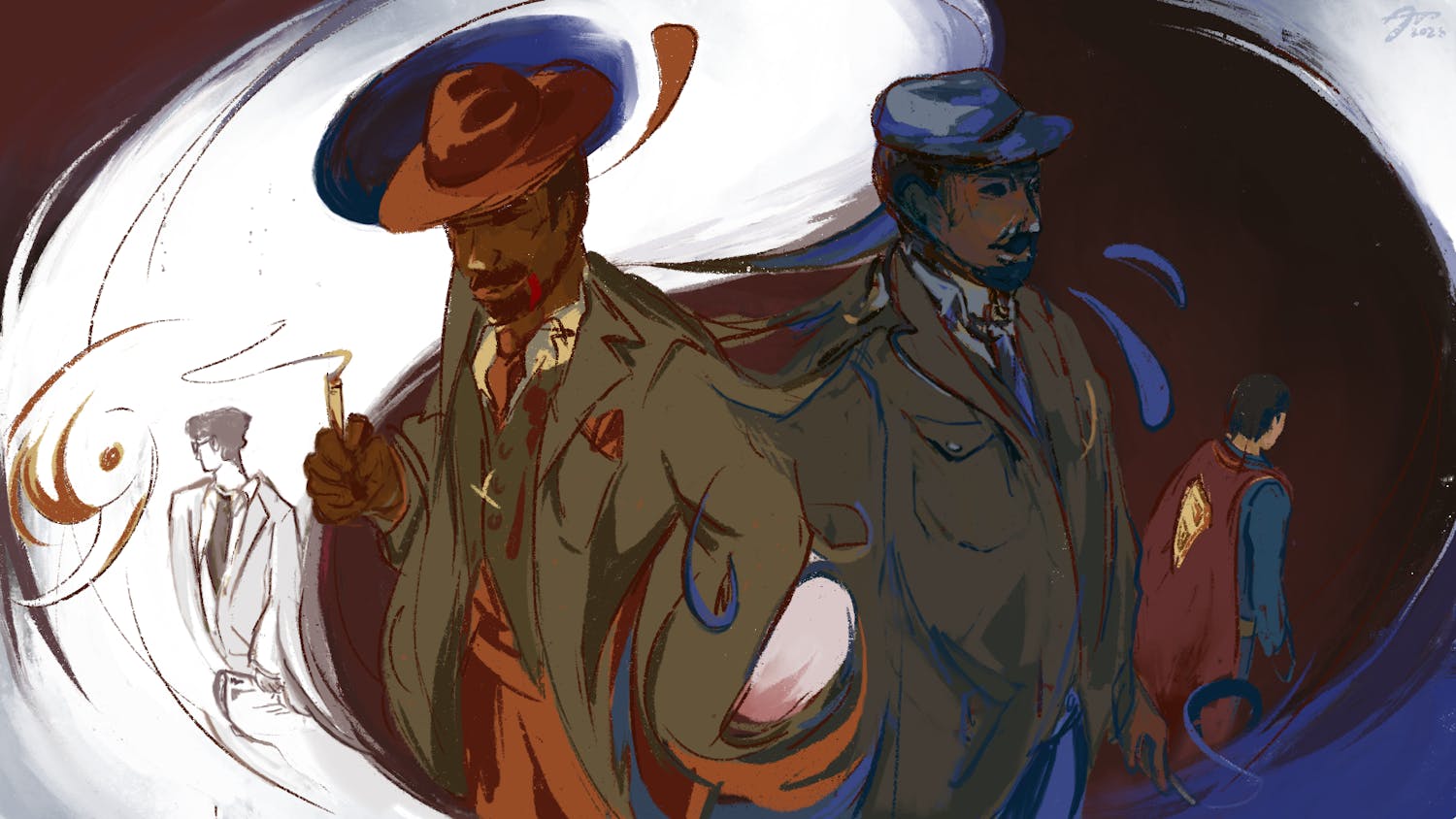Street: What first got you interested in screenwriting? Lance Wildorf: Probably around eighth grade I realized I liked writing a lot and being creative, and when I was younger I wanted to be a comedian, but I realized I like the writing aspect more. I always try to psychoanalyze why I like to write and make other people laugh, and my conclusion was that I was never, like, very physically imposing so I always had to disarm people with laughter.
Street: Is this your first screenplay? LW: Yeah, it’s my first script. I wrote the first draft in Professor Kathy DeMarco Van Cleve’s fun, informative and all–around awesome screenwriting class, a class that I recommend to every potential screenwriter here at Penn. I’d say a good 85% of my script was written in the solace of the Harnwell Rooftop Lounge. Nothing makes you think of crazy plot devices like gawking out at the ominous Philly skyline while simultaneously watching the pre–meds play with plastic molecule models at 2 in the a.m. It’s one thing to have an idea for a screenplay, it’s another thing to write THE END on the very last page.
Street: What’s your screenplay about? LW: My screenplay is about a mediocre novelist, Ralph Seligman, who bags groceries at the local grocery store and decides to fake his own death to get his novel published. He lives with his best friend who’s a big stoner and also won the lottery. Then there’s this sneaky type of agent character who eventually realizes the story of a tortured artist who kills himself is a quite marketable one and kind of explores the idea of, in today’s generation, is there any good art anymore?
Street: Do you have any plans to begin filming or producing "Seligman’s Dogs"? LW: At this juncture in my life, no. However, if any insanely wealthy potential benefactors are reading this and want to help a college kid make his movie, by all means, send some cash, video equipment or directors of photography my way.
Street: What’s your writing process like? Anything in particular that inspires you? LW: The obvious question is that I draw from everyday like most writers do, and I tend to try to write down ideas quickly before I forget them. I guess for me with these longer things like the screenplay, it’s about getting a kernel of an idea that gets you really excited. So for me that was the idea of someone faking his own death to get famous.
Street: Who would you have as a dream cast? LW: I think I would prefer to have somewhat new actors, I really haven’t thought about famous people… I like Paul Giamatti a lot, if he gained a couple pounds he could be a good for my character.
Street: Are there any screenwriters or filmmakers that particularly inspire you? LW: Charlie Coffman. I saw his movie adaptation when I was in middle school and it just kind of changed the way I feel about the writing process and screenwriting in particular. Quentin Tarantino. I saw “Pulp Fiction” when I was really young— probably a little too young— but he kind of taught me what you can do in terms of storytelling, and what you can do with changing it around, and his dialogue is always great.







